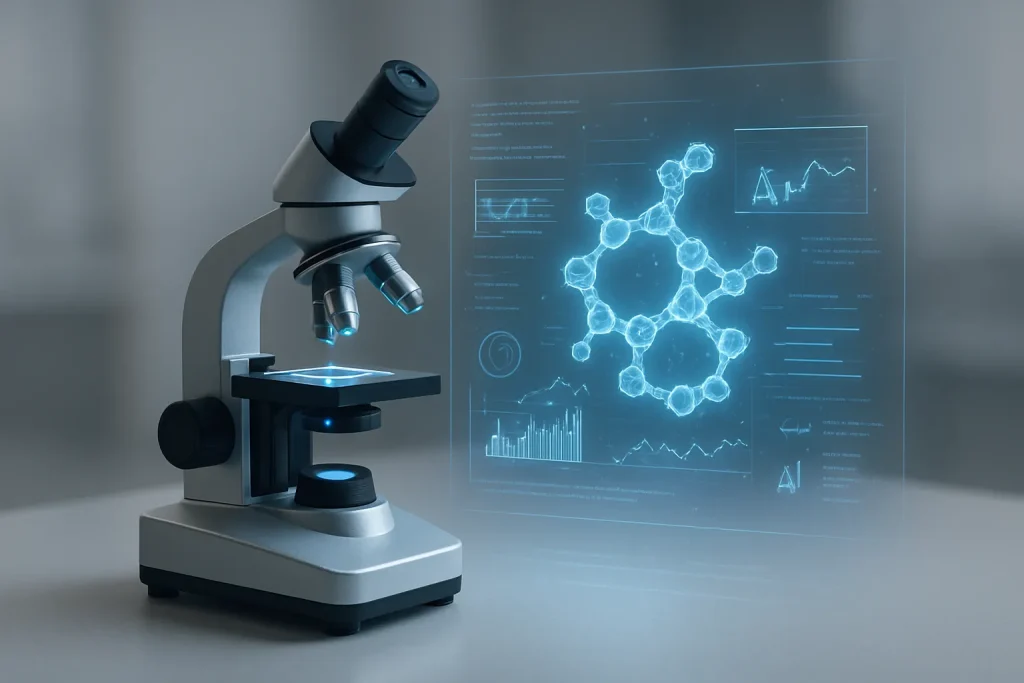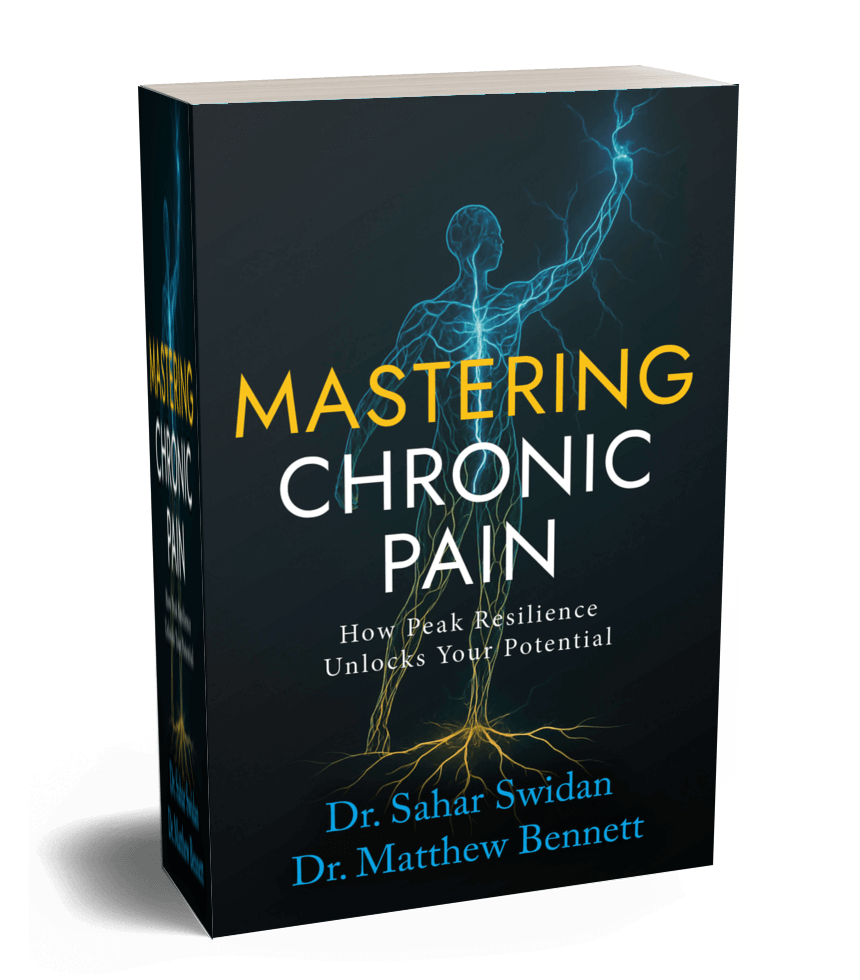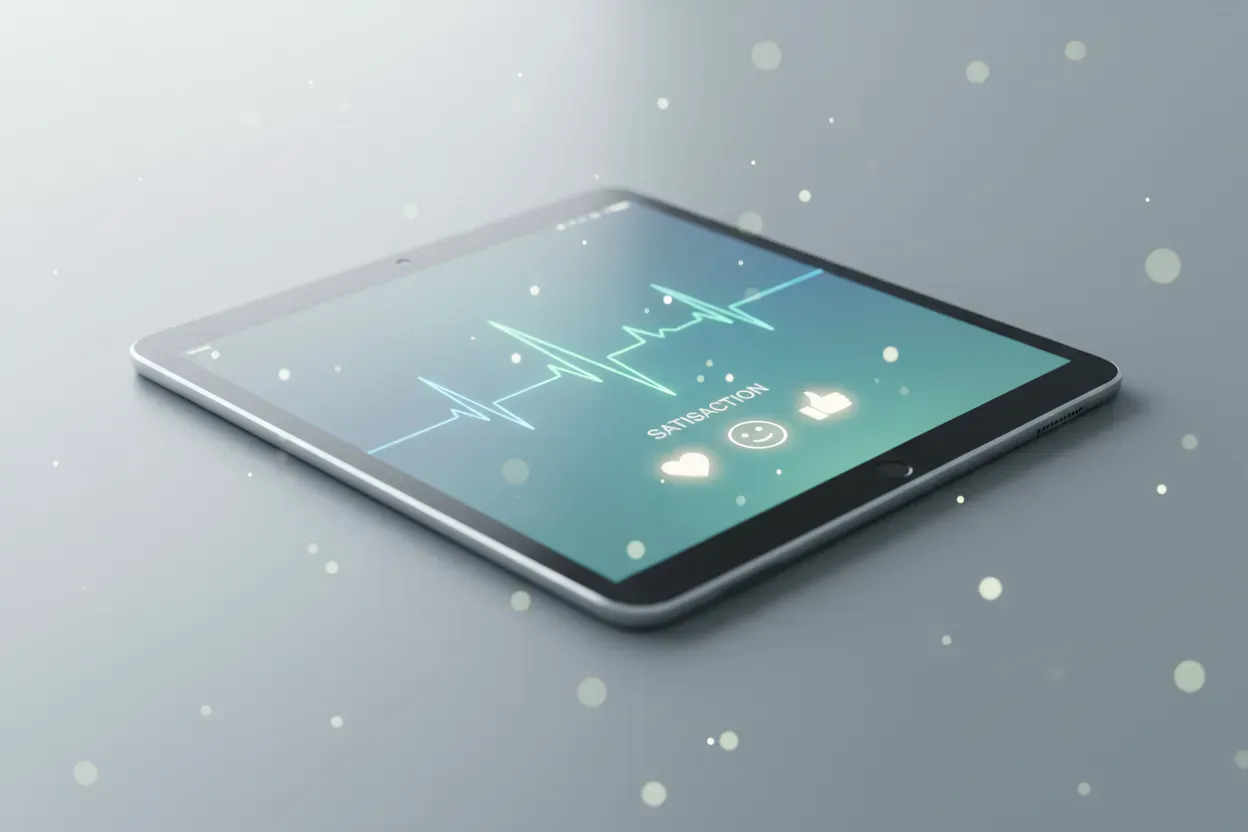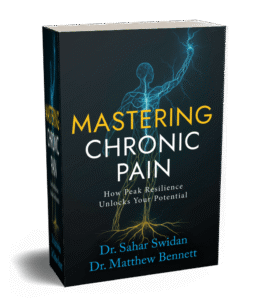Artificial Intelligence is revolutionizing biotech research in ways that might surprise you. From accelerating genomic analysis to streamlining regulatory compliance, AI is transforming every aspect of the field. Experts weigh in on these unexpected applications, revealing how AI is not just enhancing efficiency, but also fostering innovation and interdisciplinary collaboration in ways previously unimagined.
- AI Accelerates Genomic Analysis and Drug Development
- Automated Pre-labeling Enhances Biotech Research Efficiency
- AI Simplifies Complex Scientific Discussions
- Smart Resource Management Optimizes Lab Operations
- AI Predicts Drug Interactions for Safer Trials
- Machine Learning Revolutionizes Microscopy Image Analysis
- AI Streamlines Regulatory Compliance in Biotech
- AI Fosters Interdisciplinary Collaboration in Research
AI Accelerates Genomic Analysis and Drug Development
AI has become an integral part of my biotech research, in particular for the analysis of large genomic data sets. What used to take weeks of manual work, AI does in hours. We are seeing it identify patterns or potential drug targets which we may have overlooked.
Also, we were very surprised at how well AI performed at predicting protein structures. We put it in front of our early stage drug development, and while we know it is not perfect, it also has helped us eliminate a lot of dead ends. It’s a mixed bag, but it definitely has improved our overall focus and efficiency of our processes, which in turn has altered how we approach the design of the actual experiments.
 Dr. Gregory Gasic
Dr. Gregory Gasic
Neuroscientist | Scientific Consultant in Physics & Theoretical Biology | Author & Co-Founder, VMeDx
Automated Pre-labeling Enhances Biotech Research Efficiency
One of the most transformative but under-discussed uses of AI in biotech is in the preprocessing stage, specifically, preparing and labeling data for machine learning models. In fields like medical imaging or molecular analysis, the ability to consistently and accurately annotate vast datasets can make the difference between a breakthrough and a bottleneck.
AI has enhanced this work in unexpected ways. In computer vision, for instance, automated pre-labeling can now identify cell structures, mark anomalies in microscopy images, or highlight regions of interest in MRI scans before a human expert reviews them. This doesn’t replace medical expertise; instead, it speeds up the process, allowing specialists to focus on validation and deeper analysis. In biotech research, where every hour in the lab can be costly, this acceleration can shave weeks off experimental timelines.
Another unexpected advantage is standardization. Human annotators can introduce subtle variations in labeling, but AI-assisted workflows can maintain consistent criteria across thousands of samples. This is critical for reproducibility, especially in collaborative, multi-site research.
The takeaway: in biotech, AI’s role isn’t just in analyzing results; it’s in making the research pipeline itself faster, more consistent, and more scalable. By combining automated pre-labeling with human verification, biotech teams can increase throughput without sacrificing accuracy, paving the way for faster innovation.
 Roy Andraos
Roy Andraos
CEO, DataVLab
AI Simplifies Complex Scientific Discussions
As a BD for a biopharma lab- and bio-IT service provider, I come into contact with a huge variety of therapies, diseases, compounds, etc. Even with a strong scientific basis, it can take time to really understand what my clients are working with, and what they need for their projects. AI has helped me to find clear, understandable answers to complex questions, allowing me to participate more easily in discussions.
 Joannes Van Cann
Joannes Van Cann
Business Development and Strategy Manager, OHMX.bio
Smart Resource Management Optimizes Lab Operations
Artificial Intelligence is revolutionizing the way biotech labs manage their resources. By analyzing past usage patterns and current research needs, AI systems can predict and optimize the allocation of lab equipment, chemicals, and other materials. This smart resource management reduces waste significantly, allowing researchers to focus more on their work and less on logistics.
The AI-driven approach also helps in maintaining inventory levels, ensuring that critical supplies are always available when needed. With reduced waste and improved efficiency, biotech research can progress faster and more cost-effectively. Researchers should embrace AI-powered resource management tools to streamline their lab operations and maximize productivity.
AI Predicts Drug Interactions for Safer Trials
The intersection of AI and drug development is yielding remarkable results in predicting drug-drug interactions. Advanced AI algorithms can process vast amounts of chemical and biological data to identify potential interactions between different compounds. This capability is particularly valuable in designing clinical trials, where understanding how different drugs might interact is crucial for patient safety and study validity.
By leveraging AI predictions, researchers can anticipate and mitigate risks associated with drug combinations early in the development process. This proactive approach not only enhances patient safety but also saves time and resources in the long run. Biotech companies should invest in AI-powered drug interaction prediction tools to improve the efficiency and safety of their clinical trials.
Machine Learning Revolutionizes Microscopy Image Analysis
AI is transforming the field of microscopy image analysis in cellular studies. Traditional methods of analyzing microscopic images were time-consuming and prone to human error. Now, AI algorithms can quickly process and analyze thousands of images with remarkable accuracy. These AI systems can identify subtle patterns and anomalies that might be missed by human observers.
This enhanced analysis capability allows researchers to gain deeper insights into cellular structures and behaviors. The speed and precision of AI-powered image analysis accelerate research timelines and potentially lead to breakthrough discoveries in cell biology. Researchers in cellular studies should explore AI-based image analysis tools to unlock new levels of detail and understanding in their work.
AI Streamlines Regulatory Compliance in Biotech
The complex world of regulatory compliance in biotech research is being simplified through AI applications. Staying compliant with ever-changing regulations is a significant challenge for biotech companies. AI systems can continuously monitor regulatory updates across different jurisdictions and automatically flag relevant changes. These AI tools can also assist in interpreting complex regulatory language and suggest compliance strategies.
By streamlining the compliance process, AI helps biotech companies avoid costly delays and legal issues. This AI-driven approach to regulatory compliance allows researchers to focus more on their scientific work while ensuring adherence to all necessary regulations. Biotech organizations should consider implementing AI-powered compliance tools to navigate the regulatory landscape more effectively.
AI Fosters Interdisciplinary Collaboration in Research
AI is breaking down barriers and fostering unprecedented collaboration in biotech research. By analyzing vast amounts of scientific literature and research data across various disciplines, AI can identify potential synergies that human researchers might overlook. These AI systems can suggest collaborative opportunities between different research teams or even different fields of study. This cross-pollination of ideas often leads to innovative approaches and breakthrough discoveries.
AI-facilitated collaboration also helps in efficiently sharing resources and expertise across different projects. The result is a more interconnected and dynamic biotech research ecosystem. Researchers should leverage AI-powered collaboration platforms to expand their networks and explore interdisciplinary research opportunities.













